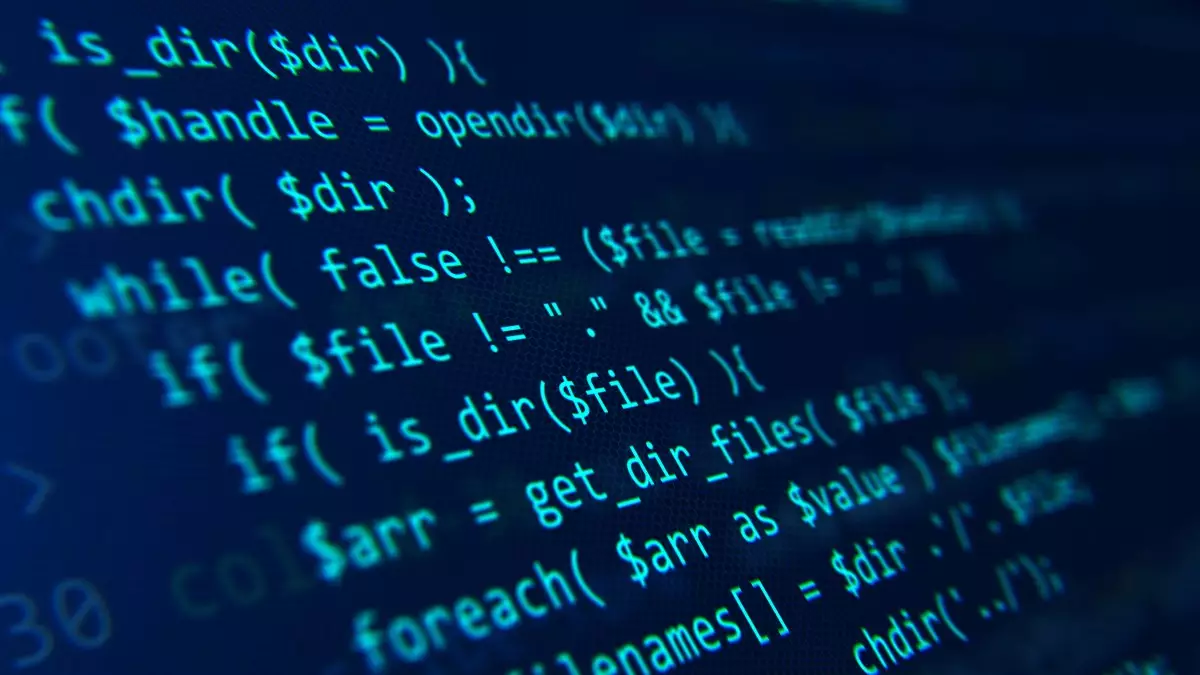Artificial Intelligence is not merely a technological novelty—it’s fundamentally reshaping how we approach software development. Today, AI coding assistants are at the forefront of this transformation, with an overwhelming majority of developers reporting their adoption in various capacities. GitHub’s recent findings reveal a staggering acceptance rate among programmers, with a significant number incorporating AI tools into their daily workflows. This shift is catalyzed by the seamless integration of AI into coding processes, drastically enhancing both productivity and accuracy.
A notable testimony comes from Jared Friedman, a partner at Y Combinator, who recently emphasized that a quarter of startups in the latest W25 batch derive a remarkable 95% of their code from AI-generated sources. This revelation underscores the magnitude of AI’s impact on the coding landscape, inciting venture capitalists to invest fervently in promising startups that harness this technology.
Graphite: Pioneering AI-Driven Code Review
Emerging as a key player in this robust marketplace is Graphite, a startup that has recently attracted substantial investment, raising $52 million in a Series B funding round led by Accel, with participation from reputable names like Shopify Ventures and Andreessen Horowitz. Founded in 2020 by Tomas Reimers, Greg Foster, and Merrill Lutsky, Graphite initially focused on mobile development tools. However, pivoting to code review proved to be a game-changer, capturing the attention of engineers and companies eager to enhance their project workflows.
Lutsky recounts that inspiration for Graphite arose from an internal challenge they faced while reviewing code, indicating that necessity often drives innovation. By sharing their solution with peers, they inadvertently unlocked a wider demand for more efficient code review systems powered by AI.
Features That Set Graphite Apart
Graphite’s platform distinguishes itself through its sophisticated feedback mechanism, which employs AI models developed by industry leaders like Anthropic and OpenAI. With capabilities that allow it to identify code errors, suggest enhancements based on developer comments, and generate fixes for bugs, Graphite is not just another tool but a transformative force in coding practices. Furthermore, the introduction of Diamond—a standalone product aimed at automatically catching coding bugs—exemplifies Graphite’s commitment to innovation and improvement.
In an increasingly crowded field of AI coding assistants, Graphite’s efforts to mitigate customer concerns about reliability risks place it ahead of the competition. Unlike many available tools, Graphite allows developers to define unique patterns for their specific codebases, enabling a tailored experience that enhances security and specificity.
Competing in a Growing Market
The competitive landscape surrounding AI coding tools is increasingly intense. Well-funded rivals like GitHub Copilot and burgeoning firms like Cursor and Magic are vying for developers’ attention. Meanwhile, smaller startups specializing in code review, such as CodeRabbit and DeepCode, further complicate the market. The sheer number of options can be overwhelming, yet it highlights the growing acceptance and necessity of AI in programming.
OpenAI’s recent enhancements to its ChatGPT macOS app, which allows direct code editing within popular development tools, signal an industry trend toward more integrated AI solutions. Despite these competitive pressures, Graphite has carved out a unique niche through significant user engagement and a focus on user-defined programming patterns.
Growth and Future Prospects
Graphite has reported meteoric growth, boasting a 20-fold revenue increase in a single year and reaching tens of thousands of engineers across over 500 companies, including influential names like Shopify and Snowflake. This tremendous scaling speaks volumes about the demand for advanced assistive coding tools. The latest funding not only solidifies Graphite’s financial foundation, giving it years of operational runway, but also affords it the flexibility to invest in growth.
In a strategic move, Graphite has made its core code review resources available for free to teams of all sizes, expanding access and appealing to a broader audience. This decision could further amplify user acquisition, potentially drawing in smaller teams who may later evolve into significant clients.
As Graphite capitalizes on its momentum, the anticipation surrounding its product development and potential new features remains high. The journey of AI-powered coding assistants is just beginning, and Graphite’s role in this evolution could be pivotal in shaping the future of software development.

